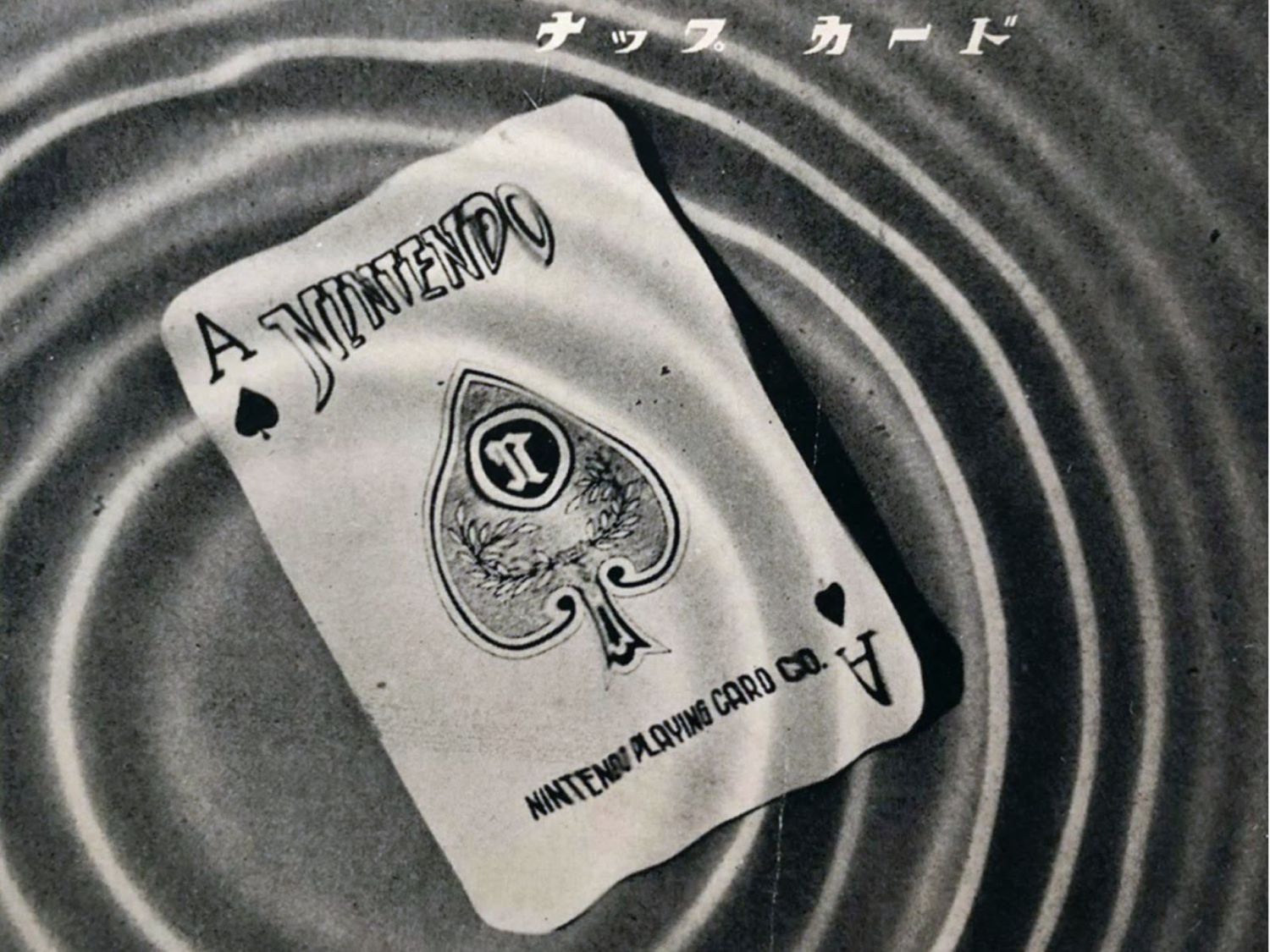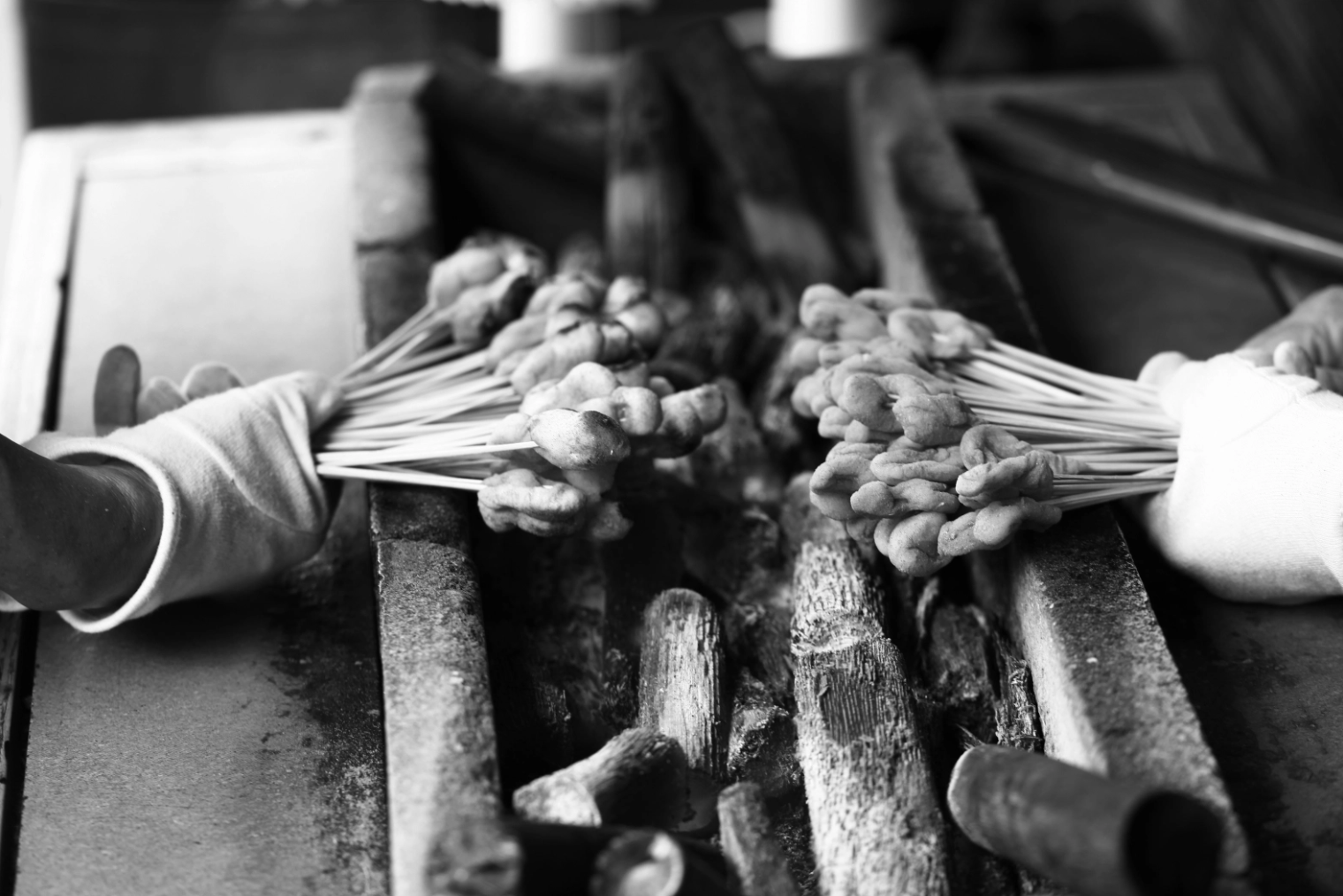
How to grow a business sustainably.
Counter Culture coffee goes against the grain by putting product over profits.
Sustainability is more than just charity and environmentalism — this coffee company grows its profits sustainably too by offering customers a product that can't be beat.
Three years ago a good friend of mine turned me into a coffee snob.
I'd been a tea-drinker my entire life. Black with milk and honey was my go-to. Then I discovered oolong and began to drink it plain. Green was good for the evenings when I wanted something light.
Even then, there was something in the aroma of coffee that drew me in.
Every time I smelled it brewing, I thought to myself, "If only it tasted that good."
You see, my experience with coffee was burnt Folgers with a ton of cream and sugar, or that disastrous and wasteful mud called Keurig. Sure, the stuff filled the room with that sweet, heavy perfume we all know and love, but every sip was full of bitter disappointment or candied disgust.
That is until a friend urged me to try his brew.
The apparatus he carried looked like something from a hipster's science lab. Curvy glass and wood with a thin leather band wrapped around it. The liquid coffee sat like a work of art in this vessel.
He poured just a bit into my cup and the moment it released its vapors I knew there was something different about this.
I took a sip and it was smooth — sweet and bitter in just the right ways. This was coffee tasting the way you expect.
The vessel? Chemex. The bean? Counter Culture's Hologram.
Why Counter Culture coffee is so damn good
Counter Culture is in the business of sourcing, roasting, and brewing the best damn coffee this world has to offer.
They're not focused on retail, they don't run cafés, and they could care less about the K-cup. They just focus on the bean.
Oh, and they don't worship growth.
Counter Culture is one of those rare businesses of the future that worry about product above profits. They know the implications of growing sustainably.
A slow and steady pace means they never sacirifice quality, and a quality product always sells.
Sustainability as a business strategy
Every year Counter Culture releases a sustainability report that goes over the company's operations, supply chain, and goals. CEO Brett Smith always includes great insights on why Counter Culture operates the way it does:
A focus on sustainability is not charity and not just about the environment... Ultimately, I firmly believe that business decisions made through the lens of sustainability result in greater profitability over an extended period of time.
Brett SmithCounter Culture Transparency Report
Sustainability to Smith means many things. It includes charity (we'll dig in more in just a few paragraphs) and environmental considerations, but it also includes the growth of profits.
Companies that bite off more than they can chew go one of two routes. They either crash and burn or lose out on quality. Either way, Smith sees this as a failure.
Counter Culture is not in the business of profits. Instead, they're in the business of coffee.
The global coffee market is worth over $90 billion. Most products in this sector (Folgers, Keurig, and yes, even Starbucks) focus on consumerism — the idea that people are numbers on a spreadsheet that contribute to profits. Capitialism, however, says the best product will always win market share in the long-term.
This is Counter Culture's strategy. Create the best damn coffee the world has seen and grow slow and steady to win the largest market share over time.
Giving back to grow market share
Counter Culture is worth over $20 million USD. And yet, the only physical locations they have are a series of training centers across the US.
Counter Culture doesn't do cafés. They'd be competing with themselves if they did (more on this in a bit).
And they don't do retail either, favoring direct-to-consumer through ecommerce instead.
Well, that's not entirely true.
Target carries them now, and they're starting to show up in grocery stores like Wegman's.
Retail is not a primary focus for Smith and his band of coffee connoisseurs. It's really a by-product of their principles (slow, sustainable growth to capture market share) that they've ended up in these places. Their quality product has created demand, which has earned a place on these shelves.
But how'd they get there?
Charity. Plain and simple.
Education as a growth strategy
When I travel, I look up two things to ground me in a new city: bookstores and coffee shops.
The problem with most coffee shops is that you don't know what you're going to get. If I order a latte or cappucino will the foam be too frothy? If I get a cup of joe black, will it taste burnt or stale?
Remember... I'm a coffee snob now thanks to that friend of mine.
One thing I can be certain of is that if I find a café that serves Counter Culture, I'm in for a good cup of coffee. It's like they've cracked the code of providing the consistent experience Starbucks offers with an above average product.
And yet... Counter Culture, like I've said, has no cafés of its own.
Instead, they offer free professional development courses to baristas that work at one of their customers' cafés. They love coffee so much, they want the coffee shops that buy from them to not only have the best coffee in the world, but also the best baristas.
It's a strategy that incentivizes café owners to buy from them, but also ensures that their product is served to customers in the way it's meant to be served.
This type of giving back is better than some vague corporate charity program because it gives back directly to customers using its product as a vehicle for change.
You see, bad farming practices in the coffee industry can lead to human rights and environmental violations. But in addition to teaching great brewing practices, Counter Culture also teaches baristas who attend their programs about the origin of the coffee they brew and why sustainable farming practices matter.
Product first and profits will follow
Good marketing doesn't matter if you don't have a great product first.
Counter Culture understands this. And they also understand that giving back to their customers in the form of education is not only a noble practice, but it's also one that will help their business grow sustainably for the foreseeable future.
— Mike Doane
P.S. Don't walk away empty-handed
Above the Fold is a newsletter about the power of marketing. Every week I send stories just like these straight to your inbox.



